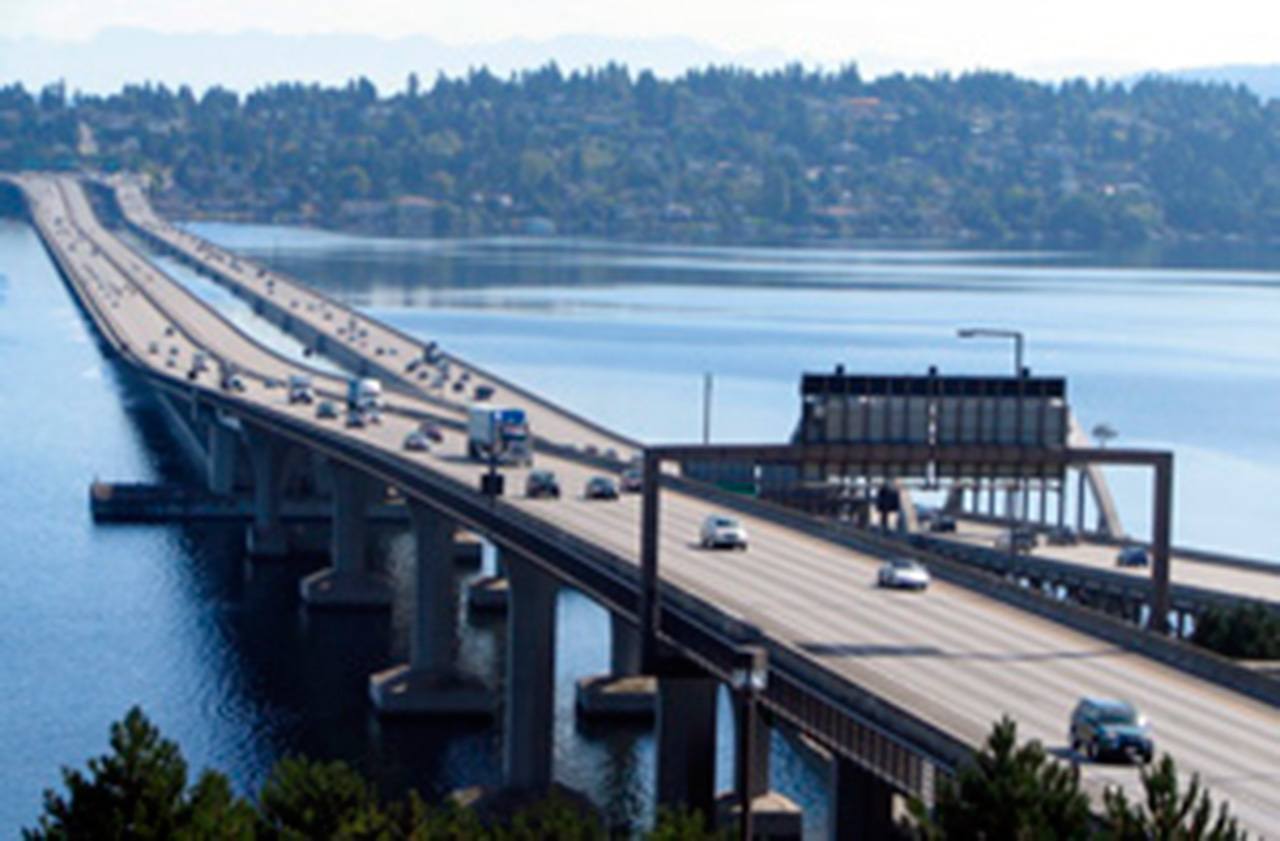Dear Mercer Island City Council members,
I am very concerned regarding the changes proposed to the Interstate 90 corridor that I believe may decrease the safety of the general public. I share this with you with the utmost sincerity and genuine concern as you are in the process of negotiating with Sound Transit on I-90 modifications.
I lived on this Island in the ‘60s and ‘70s prior to the addition of the second floating bridge. The floating bridge at that time was a very dangerous section of highway. Specifically, during a five-year period (1970-1975) there were 2,801 accidents that resulted in 18 fatalities. The reasons for the increased risks were due to the following (1):
1. Lack of separation between opposing lanes of traffic.
2. Traffic volume overloads.
3. Reversible lane operation in adjacent lanes.
4. Curvature of the roadway (i.e. the floating bridge “bulge”)
5. Deficient lengths of on-ramps and off-ramps for safe acceleration and deceleration.
6. And narrow shoulders.
Our community and the Puget Sound region have been fortunate since the completion of the phase I and phase II safety improvements to the I-90 Cross Lake Washington corridor that were completed in 1989, as demonstrated by the subsequent reduction in accidents and fatalities.
However, I’m deeply concerned that some of the proposed changes to I-90 and Bellevue Way associated with Sound Transit 2 will reverse some of the gains we have made with respect to safety. Specifically:
1. The reduction of the lane widths from the federal standard of 12 feet to 10.5 or 11 feet in some sections of the I-90 corridor.
2. The elimination of the emergency breakdown shoulders/lanes, which will be replaced by significantly narrower shoulders (in some cases only 2 feet wide) and,
3. The proposal to have a reversible lane on Bellevue Way, which may increase the likelihood of head-on collisions.
4. Additionally, I have a concern regarding response times from either Seattle or Bellevue emergency vehicles to Mercer Island. Specifically:
• How often do Bellevue and Seattle emergency vehicles respond to Mercer Island addresses?
• What will be the response time, given that there is a much narrower shoulder during peak commute hours and what is this time if there is also an accident on the bridge?
• If such response times are increased, will the city consider having Mercer Island paramedics? And what would the cost be to the city? And should this cost be factored into mitigation fees?
• If such response times are expected to increase, will the city need to consider having a fire truck with taller ladder capability given the increased heights of buildings in the Town Center? What would be the ongoing cost to the city and should these costs be factored into the I-90 mitigation fees?
And lastly, I would like the city to ask Sound Transit and the Washington State Department of Transportation if they have looked into the so-called barrier transfer machines or zipper machines that are heavy transportation maintenance vehicles used to transfer concrete lane dividers. (2) Such a machine is used on the Golden Gate Bridge in order to allow for separated reversible lanes (3). Perhaps such a system could have two applications:
1. Use of a barrier transfer machine to allow for a breakdown lane on the I-90 floating bridge while also allowing such a lane to be shifted for an emergency access lane and scheduled maintenance for the light rail system.
2. Use of the barrier transfer machine on Bellevue Way in order to achieve separated reversible lanes for increased safety by eliminating the probability of head-on collisions.
Thank you for your consideration.
References
1) Page 22 of the SR 90 Junction SR 5 to Vicinity Junction SR 405, Administrative Action Final Environmental Impact/Section 4(f) Statement, US Dept. of Transportation Federal Highway Administration and Washington State Dept. of Highways, 1975.
2) https://en.wikipedia.org/wiki/Barrier_transfer_machine
3) Video of the Zipper Machine use on the Golden Gate Bridge https://www.youtube.com/watch?v=Yov4tkMIWAg
Roger Shanafelt
Mercer Island



